Stay Alert: Disease Risks in Aquaculture During Seasonal Transitions
Seasonal Weather Patterns and Their Impact on Aquatic Environments
Seasonal transitions—particularly from spring to summer and summer to autumn—often come with thunderstorms, high humidity, and wide temperature differences between day and night. These rapid changes destabilize pond environments, causing fluctuations in pH, decreased dissolved oxygen, increased toxic gases like NH₃ and H₂S, and erratic salinity levels. Such conditions promote the proliferation of harmful bacteria, viruses, fungi, and parasites, while simultaneously weakening the immune systems of farmed species due to environmental stress.
Additionally, algae may bloom uncontrollably during this time. Algal die-off can rapidly deplete oxygen levels, leading to water quality deterioration. The abrupt changes in water conditions make shrimp, fish, and crabs more susceptible to serious diseases such as:
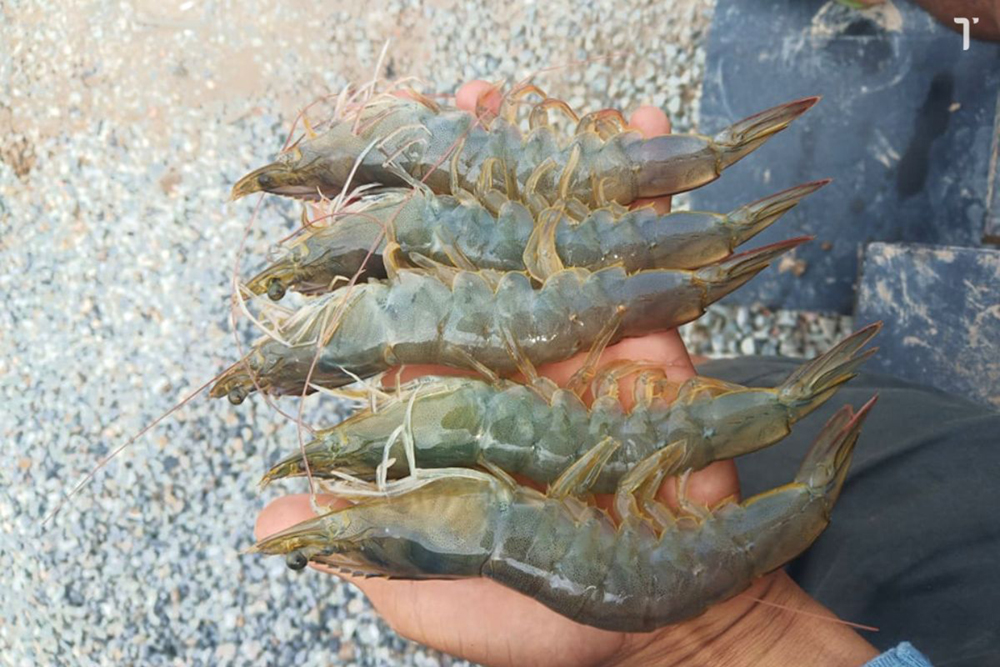
Hepatopancreatic Necrosis Disease (AHPND)
Caused by Vibrio parahaemolyticus, this disease attacks shrimp (especially Penaeus monodon and Penaeus vannamei), leading to hepatopancreas damage, feed refusal, and mass mortality within days.
White Spot Syndrome Virus (WSSV)
A highly contagious viral disease in shrimp, capable of causing up to 100% mortality in a matter of days—especially common during unstable weather.
Hemorrhagic Disease in Pangasius (Tra fish)
Caused by Aeromonas hydrophila or Edwardsiella ictaluri, symptoms include reddening of the body, hemorrhaging fins and gills, swollen abdomen, and liver-kidney damage.
Fungal and Parasitic Infections in Fish
Includes protozoans, monogenean flukes, and crustacean parasites that attack the skin and gills, causing irritation, feed refusal, slow growth, and surface swimming.
These diseases not only reduce yields but also increase treatment costs, degrade product quality, and damage the reputation of farmers.
Effective Disease Prevention During Seasonal Transitions
1. Water Quality Management
Regularly monitor key water parameters: pH, temperature, salinity, dissolved oxygen, ammonia (NH₃), and nitrite (NO₂).
Conduct partial water changes periodically, but avoid abrupt changes.
Use probiotics to stabilize pond bottoms and maintain water quality.
Minimize feeding during harsh weather conditions (e.g., heavy rains, extreme heat, strong winds).
2. Strengthen Animal Immunity
Provide high-quality feed and supplement with vitamins C and E, minerals, and probiotics to boost the immune system.
Avoid prolonged stress by maintaining optimal stocking density and preventing sudden environmental changes.
3. Implement Biosecurity Measures
Use disease-free broodstock with verified origins.
Disinfect ponds, farming equipment, and surrounding areas before and during the culture cycle.
Limit access to the farming area—both human and animal—to reduce the risk of external pathogen introduction.
4. Monitor and Respond Early to Disease Signs
Observe shrimp and fish daily for early symptoms like feed refusal, surface swimming, lethargy, or color changes.
If disease is suspected, promptly collect samples and conduct lab testing to identify the pathogen and determine an appropriate treatment plan.
Report disease outbreaks to local aquaculture veterinary authorities for containment and control support.
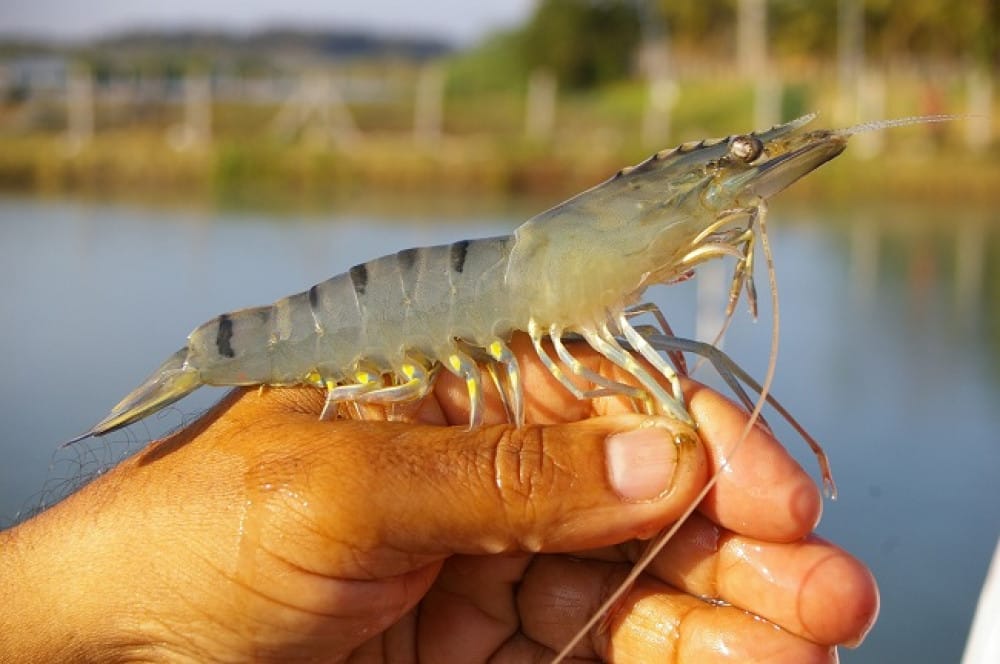
Final Thoughts
Seasonal transitions pose a real and recurring threat to aquaculture productivity. Farmers must remain vigilant and take proactive steps to prevent disease outbreaks. Awareness, technical preparedness, and early action are essential to protecting farm outputs, reducing losses, and ensuring long-term sustainability in aquaculture.
Collaboration among farmers, government agencies, and technical experts is key. By providing training, sharing updated best practices, and developing resilient farming models, Vietnam’s aquaculture industry can overcome the challenges posed by shifting climates and emerging diseases.
Source: aquaculture.vn
Aqua Mina's distributor in Japan: REX INDUSTRIES CO., LTD
- Address: 1-9-3 Hishiya-Higashi, Higashi-Osaka 578-0948 JAPAN
- Email: kimakubo@rexind.co.jp
- Phone: +81-(0)72-961-9893
- Website: http://www.rexind.co.jp/e/
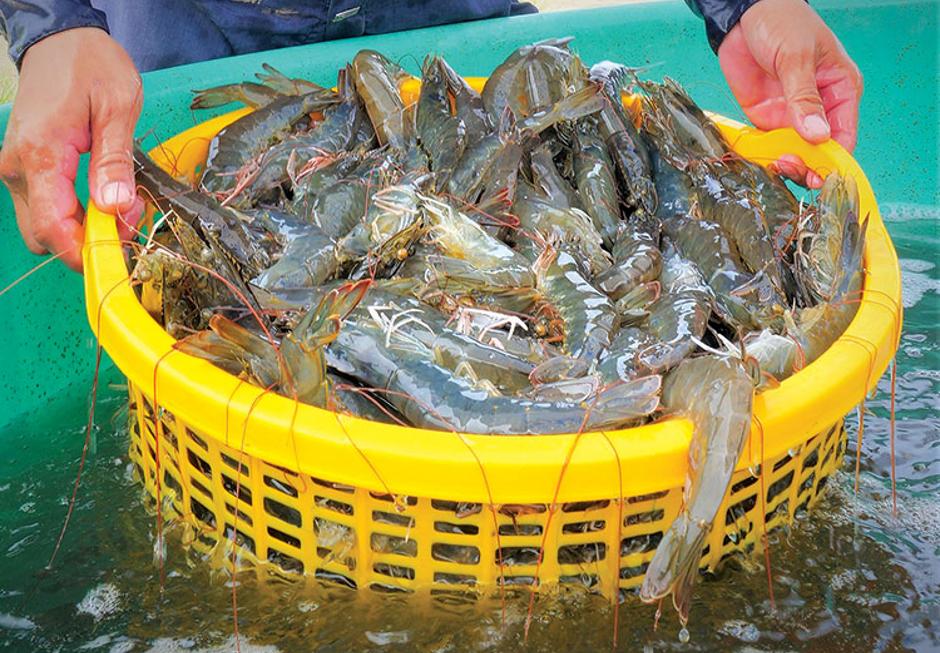
WE WORK FOR YOUR SUCCESS!
Ngày đăng : 02/08/2025
2031 View
Other Articles
Indian shrimp pivot to the EU, increasing competitive pressure on Vietnam
Indoor shrimp farming in Europe: Investment challenges and the race to find a viable model
Shrimp production surged in the first month of the year, with exports benefiting from strong demand during the Lunar New Year holiday
Quang Ninh Accelerates Digital Transformation in Shrimp Farming, Rising to Lead Northern Vietnam
Lucky money is not just about cash — it’s Aqua Mina’s wish for a worry-free farming season for our valued customers
Việt Nam's top 10 seafood exporters command nearly one-fifth of industry revenue
Ca Mau Maintains Its Shrimp Brand in International Competition
VIETSHRIMP ASIA 2026 & AQUACULTURE VIETNAM 2026 – A TURNING POINT FOR THE MODERN SHRIMP FARMING INDUSTRY
Ecuador's shrimp industry educational program SustainED kicked off its 2026
An Giang will start raising brackish water shrimp as early as the beginning of 2026
Aqua Mina conducts the on-site installation of two aquaculture air blowers | Ceramic Ball Bearing – 15 kW – 25 kPa for a customer in Quang Ninh
Towards Building Brand Value for the Shrimp Industry








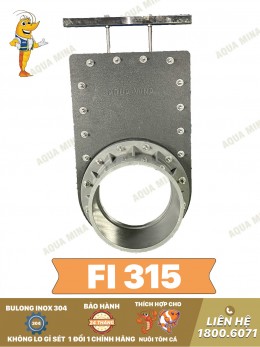
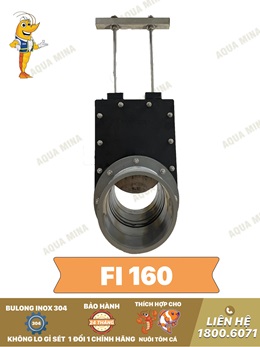
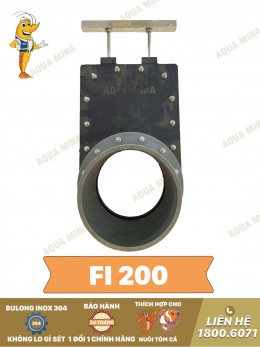
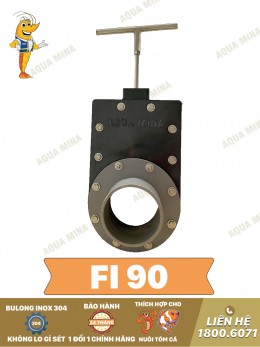
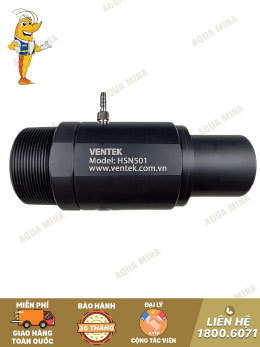
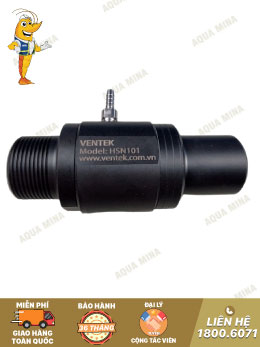
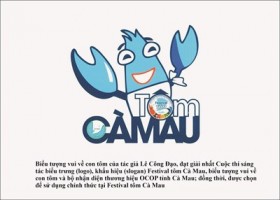
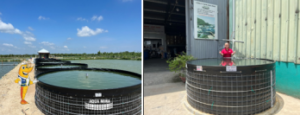
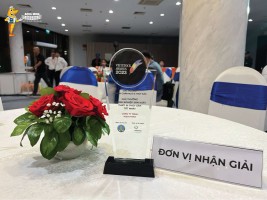
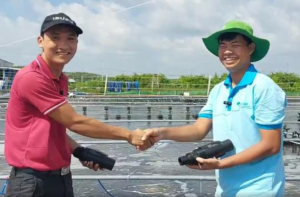
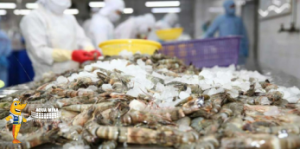
.jpg)